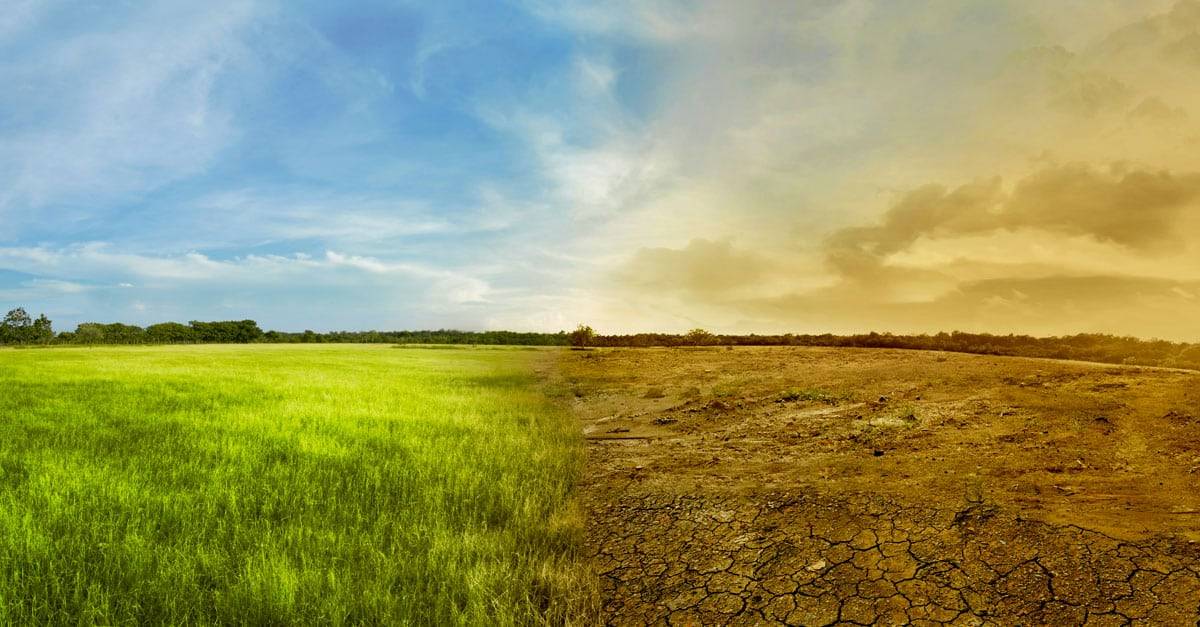No uniform Supply Network
According to Swissinfo, the growing drought in Switzerland over the last two decades could pose a challenge to the country’s water supply, especially in remote regions.
The main reason for this is that the Swiss water supply network is managed at the local level, which makes it difficult to distribute it evenly in all regions.
Some municipalities in the Jura and the Alps rely on water stored in snowpacks, glaciers, and springs, as they have no groundwater reserves to replenish.
The effects of a prolonged drought will have the greatest impact on them. Already today, farms in the Alps are also suffering, especially in the summer.
Elevate Your Wealth Game: Empowering UHNWIs for Simplified Asset Management. Altoo Platform Preview
Lack of Data on Water Consumption in Industry and Agriculture
Although we know the water consumption of Swiss households, it is different in industry and agriculture. Half of the water used for industry and agriculture is taken by private individuals and is not recorded.
In most cases, the water that farmers pump from rivers, lakes, or aquifers is not recorded. This is because calculating total consumption has never been a priority in Switzerland, where there is usually no shortage of water.
Most of the cantons in Switzerland that are responsible for water management have not yet set up a system to collect this information.
In an earlier study from 2009 by Umweltservice Freiburghaus, agriculture accounted for 20% of total water consumption, while private households used only about 25% of it. Industry and commerce are responsible for the remaining 55%. The lack of data becomes a problem in times of drought. Bettina Schaefli, the head of the Hydrology Department at the University of Bern, asks how behaviour can be changed in response to climate change if we do not know how much water is actually consumed.
At the same time, agricultural activities reduce the availability of drinking water and increase costs. Schmocker-Fackel of the Federal Office for the Environment fears that such conflicts between the agricultural sector and the Swiss population could become a problem in the future.
The energy industry, which also needs water to generate electricity, is trying to reach an agreement with farmers on access to the lake basins during the summer months.
In view of rising temperatures, the Swiss chemical and nuclear industries need more water to cool their plants. This also applies to the financial and technology sectors, which use groundwater or rivers to cool their servers.
Although Switzerland is considered the “water castle” of Europe, its desire for more water is insatiable. Martin Dahinden, former Director of the Swiss Agency for Development and Cooperation (SDC), makes it clear that one must recognise one’s own responsibility, as it is not only about international solidarity but above all about the development of one’s own country.









